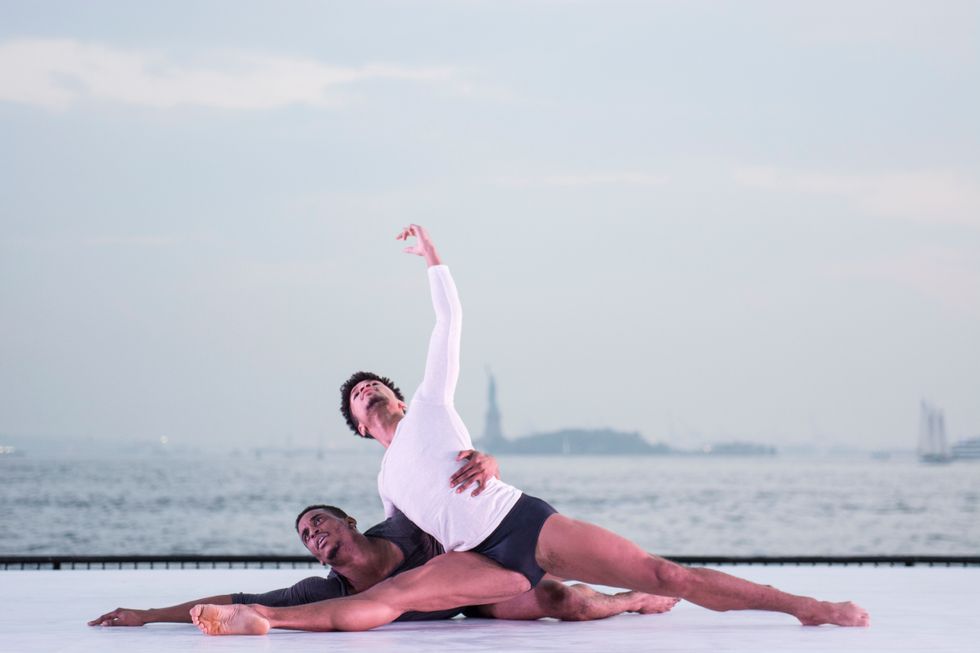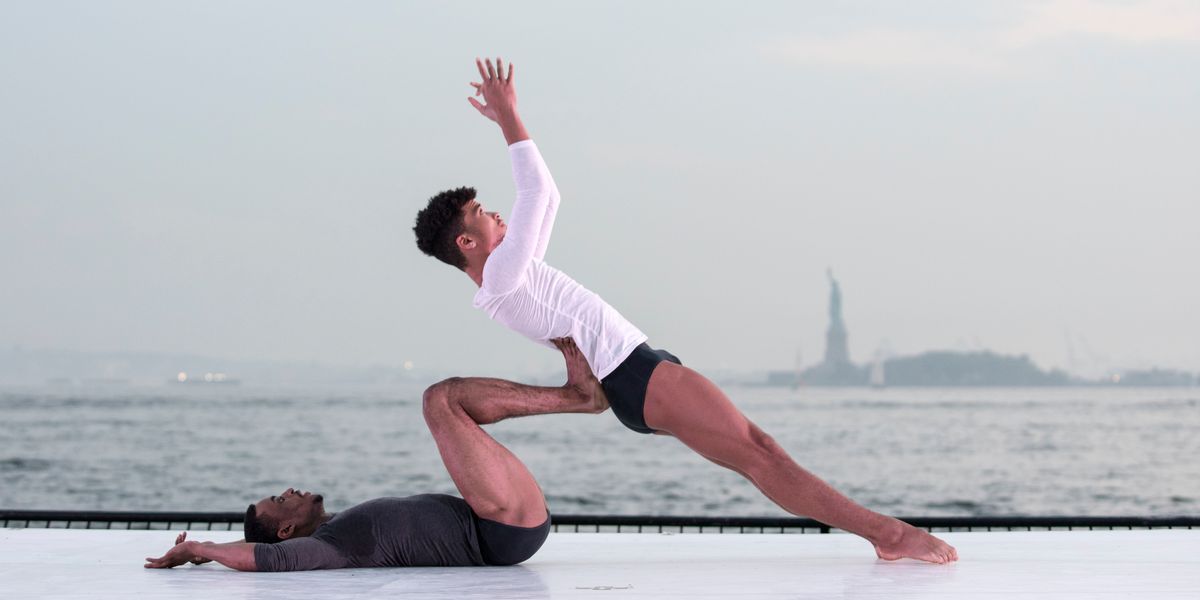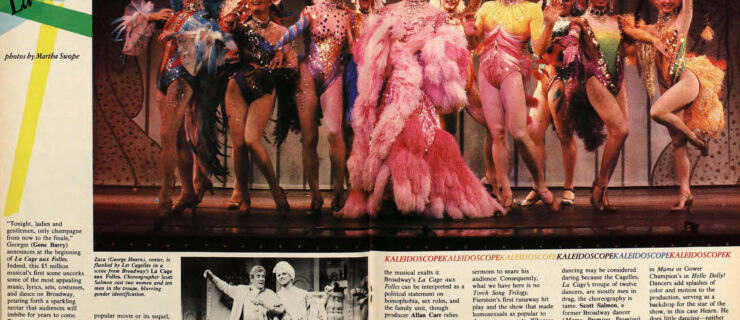My Life as an Invisible Black Choreographer
The day I fell in love with ballet was the day I signed myself up for what now seems like a life of invisibility.
Despite clear talent, I grew up with teachers who ignored me in class; it made me work harder. I went on to a performance career with Oakland Ballet, North Carolina Dance Theatre and BalletX, among others, despite being ignored by some directors who seemed to have hired me simply to check off a box. I became the visible token while feeling completely invisible.
I was named “a choreographer to watch,” by Roslyn Sulcas of The New York Times, for work I presented at The Young Choreographers Showcase in 2010. And yet, I am the only choreographer from that year’s festival never to receive a commission by a ballet company. I titled myself “The Invisible Choreographer to Watch.” I realized that if I wanted any visibility, I would have to create my own opportunities, hiring dancers and presenting my work myself. Thus Ballet Boy Productions was born. However, I believe to truly grow you need opportunities that company commissions can offer.

Jared Allan Brunson and Maxfield Haynes in Ja’ Malik’s A Love Sonnet
Julia Crawford, Courtesy Ja’ Malik
Now, 2020 is drawing to a close. And I’m fighting double duty: to stay alive as a Black man in America, and also as a Black male artist in the ballet world. A world that neither seems to have an idea who I am, nor seems to care if I’m not willing to create work with evocations of hip hop or Black culture, primarily exploiting my culture for others’ enjoyment.
I am one of the very few Black male choreographers who grew up entirely in ballet. My role models are few and far between. Dwight Rhoden and Alonzo King stand out. Like me, these two men utilize the ballet vocabulary in works that speak to the contemporary world we live in, without reducing our culture for applause. Yet, I don’t find their voices as visible as many of the leading choreographers in the ballet world today.
This invisibility in “ballet society” is becoming debilitating and costing me a deserving career, as well as a means to financially survive. It is disheartening every time I receive a rejection letter, especially when I look at the view count on YouTube and find out they didn’t even watch my work. It makes me wonder why I was rejected without consideration. When I look at the field of working ballet choreographers, heavily stacked with white men, I can’t help but think it must be race.
I’m not writing this as a plea to please hire me. I’m writing this as a plea for myself and for other Black artists to be seen!
We are out here with loud and special voices. Honing our craft for that moment we become visible. Creating works that not only speak of the Black experience, but of the human experience. An experience created differently because of who we are.
I hope by the time we are visibly being judged solely on our merit, we are alive to experience it. I hope we, as Black artists, become visible, so our stories can shine.




